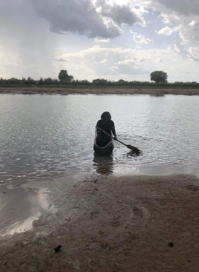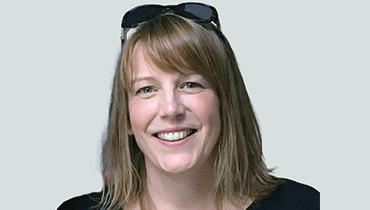Why does this matter to me?
I was born and raised in Sudan amidst violence. Even though I survived infant and child mortality-related deaths, many of my siblings and agemates did not. My mother, a traditional midwife herself, gave birth to twelve children and during wartime, contraceptives were not available.
Our communities were forced to leave their village due to a war that was ravaging our country. We walked from Sudan to Ethiopia, a journey where we lost many of our relatives to a mixture of bullets, mortar, animal attacks, drowning, lack of food, water, and lack of medical care. In Ethiopia, we briefly lived in a refugee camp, but we were forced again to leave this temporary haven due to a civil war between the government of Ethiopia and its rebels.
During this time, my mother was pregnant with twins and she gave birth in a war zone to her twins alone with the help of a six-year-old girl. The minor helped her by running outside in a blizzard of bullets to bring a sharp blade of grass for her to use to cut the baby’s umbilical cord. Unfortunately, one of the twins died due to infant-related death, and the other one died in her 20s due to mental health issues related to her birth circumstance and conditions. This taught me how important mental health is connected to the physical health of mothers and their children.
My experiences contributed to my desire to give back and understanding that a stronger education was needed for me to best contribute to my mission. In my early 20s, RefugePoint resettled me to the USA, where I chose to study towards a bachelor’s degree and eventually a master’s degree in social work. Currently I am also a doctoral candidate in the study of Educational and Organizational Learning and Leadership.
I came of age amidst violence, hardship, and loss, but these difficulties and challenges do not define me, because I am a survivor. I understand loss, pain, social injustice, abuse, starvation, fear, and uncertainty, but I also understand the power of caring and compassion and how these offer hope in what can seem like hopeless situations. This is not where my story of loss, starvation, and survival ends. It has transformed into a story of hope, perseverance, and a return to South Sudan to engage in collaborative projects with other stakeholders within this newly formed nation-state to curb infant, maternal, and child mortality rates.








